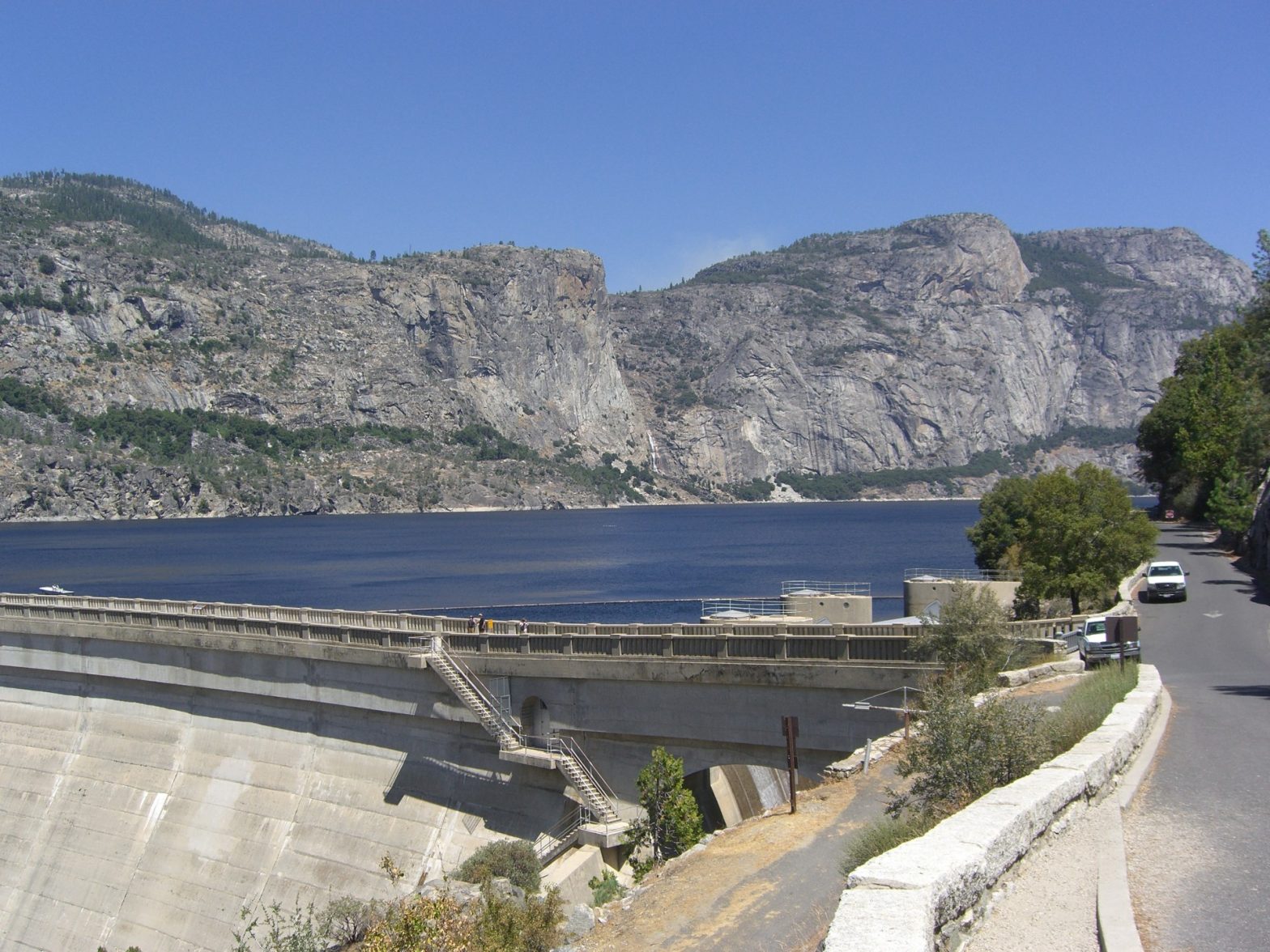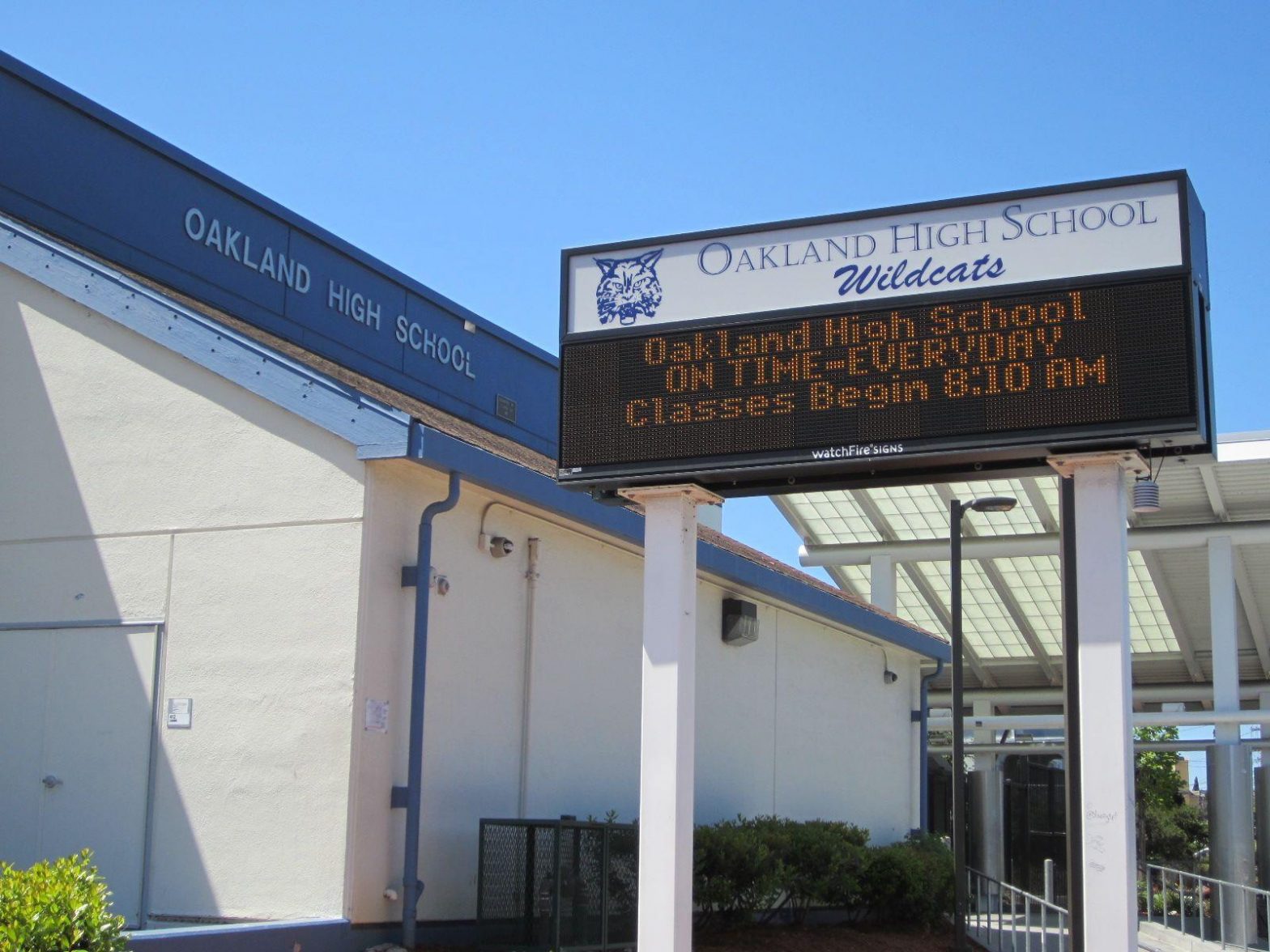What: Rising Tides: Climate Challenges and Solutions for the Bay Area Waterfront
When: Tuesday, May 5, 2015 from 6:30 to 8:30 p.m.
Where: Impact Hub, 925 Mission St., San Francisco
RSVP: Reserve tickets via eventbrite
Join us for a discussion about long-range planning and waterfront development around the Bay Area, and preview of our cover story for the next issue of the San Francisco Public Press. By the end of this century, scientists project the San Francisco Bay will rise by at least three feet – and possibly as much as eight in a bad storm. Rising bay water will threaten businesses along the Embarcadero, UCSF Hospital, AT&T ballpark and the thousands of homes currently being built in Mission Bay, Treasure Island and Hunters Point. City planners are currently discussing what can be done and at what cost, likely in the billions of dollars. Learn from an expert panel the anticipated effects on our natural ecosystem, existing and new development, and public utilities such as transportation and sewage. This solutions-focused discussion will help us all responsibly plan for the future of the Bay Area.







